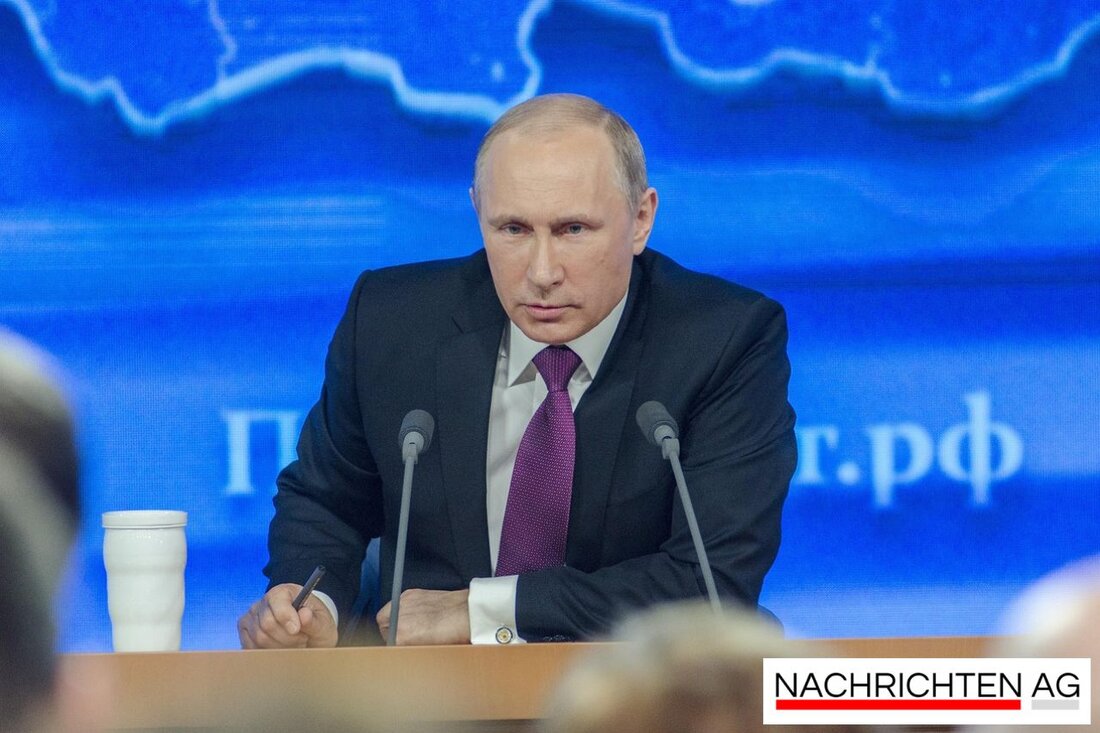Germany and France are increasing sanctions against Russia!
Germany and France are seeking new EU sanctions against Russia to hit the energy sector and stop war financing.

Germany and France are increasing sanctions against Russia!
The political wheels in Europe are turning tirelessly: Germany and France are vigorously pushing for new sanctions against Russia. A key goal of these efforts is to more aggressively address Russia's energy sector, seen as the main source of funding for Vladimir Putin's war. That's what she reports FAZ.
The latest position paper makes several suggestions as to how the sanctions can be further tightened. This includes the possibility of targeting other oil companies such as Lukoil as well as service companies in the oil industry. Actors responsible for exporting Russian oil to the EU could also be placed on a sanctions list. An extension of the price cap mechanism for Russian oil to European companies transporting refined products from this crude oil is also being considered.
Sanctions and economic pressure
The initiatives from Berlin and Paris aim to close existing financial and logistical loopholes and thus gradually increase the pressure on Russia. The existing sanctions are already aimed at companies that transport Russian oil above the price cap. This also includes shipping companies and service providers. As a result, other Russian banks and foreign financial institutions with connections to the SPFS as well as cryptocurrency service providers in Central Asia could also be sanctioned in the future.
In addition, the EU continues to make efforts to review company structures and, if necessary, introduce new import bans or higher tariffs on certain goods. The strong positioning of Germany and France is part of the preparations for the 19th sanctions package against Russia. However, this will only come into force after the consent of all EU member states. There could be a difficult coordination process, especially due to critical attitudes from countries like Hungary that are calling for less rigorous measures.
Previous sanctions and their effect
A total of 18 sanctions packages have been adopted since the Ukraine conflict began in 2022. The measures taken so far are aimed at increasing economic pressure on Russia. An example of the effectiveness of these sanctions is the reduction of Russian revenues in the Black Sea and the Baltic Sea by 30 percent - as a result of the banishment of almost 200 ships. This information comes from daily news.
But not everyone is convinced of the effectiveness of the sanctions. Critics warn that despite these economic measures, Russia continues to wage war. The way out? Alternative trade routes that do not stand in the way of Russian revenues. Current action is required for companies that continue to maintain business relationships with Russia or Belarus. The Border controllers Recommend checking existing contracts and business structures and making internal processes compliant with sanctions.
If Europe wants to position itself more strongly as a geopolitical player, there are still a number of challenges ahead. The current push by the two large European nations is a step in the right direction, but is repeatedly slowed down by different interests within the Union.
In summary, the new wave of sanctions against Russia will attract great interest in the coming weeks, both on a political and economic level. The developments should therefore be followed with interest.

 Suche
Suche
 Mein Konto
Mein Konto